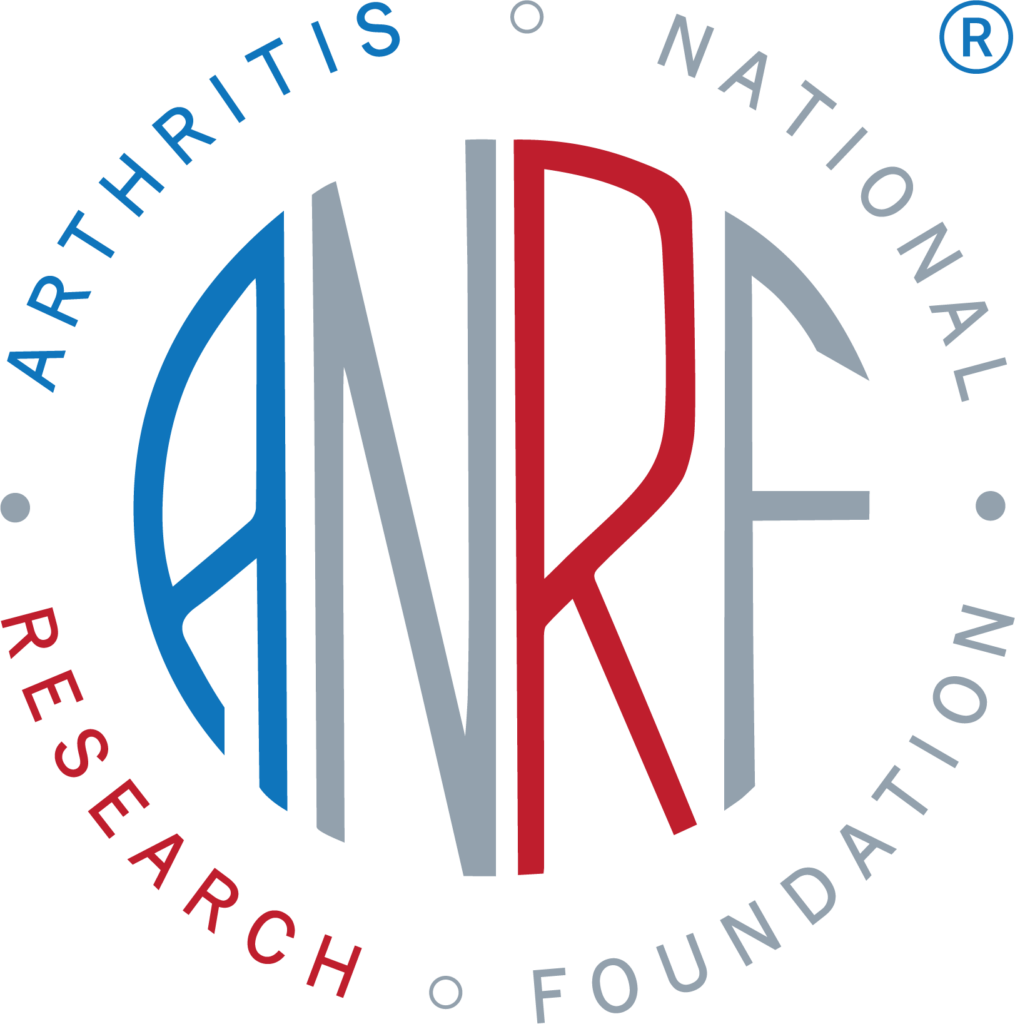Biography
My major research interest is to understand the genetic and biological mechanisms underlying the develop of immunodysregulatory diseases. In support of this goal, I have trained in genetics, molecular biology, immunology, and bioinformatics. In the course of my Ph.D. degree, I focused on the discovery of genetic variations and the determination of molecular mechanisms that increase the risk of systemic lupus erythematosus. During work as a postdoctoral fellow, I was able to conduct bioinformatic analysis including microRNA and mRNA sequencing, which have provided me the bioinformatic skill required for analysis of RNAseq data and other large datasets.
Extending these studies, in December 2018, I joined Harvard Medical School as a postdoctoral fellow to study mechanism underlying the associations between genetic risk loci and rheumatoid arthritis. I have become part of a multidisciplinary team at the interface of arthritis biology, medicine, functional genomics, and bioinformatics. Being part of the rich immunology community of Harvard Medical School provides the ideal environment to advance my research training while broadening my expertise by participating in important projects that complement my previous work.
Research Summary:
Rheumatoid arthritis (RA) is a common autoimmune disease in which immune attack on the joints and other tissues leads to permanent and disabling injury. Patients with RA can differ from those without disease at many different segments of DNA, but how these genetic variants cause disease to arise is poorly understood. Our studies suggest that one of these variants, rs3087243, contributes to RA risk by reducing expression of an anti-inflammatory cell surface protein called CTLA4. Further, individuals with the risk variant of rs3087243 have fewer circulating regulatory T cells (Tregs), a key cell that usually serves to calm immune attack. In this proposal, we will explore how this variant changes CTLA4 gene and protein expression and how it controls Treg abundance, with the long-term goal of finding new ways to direct personalized therapy for RA.
Learn More:






